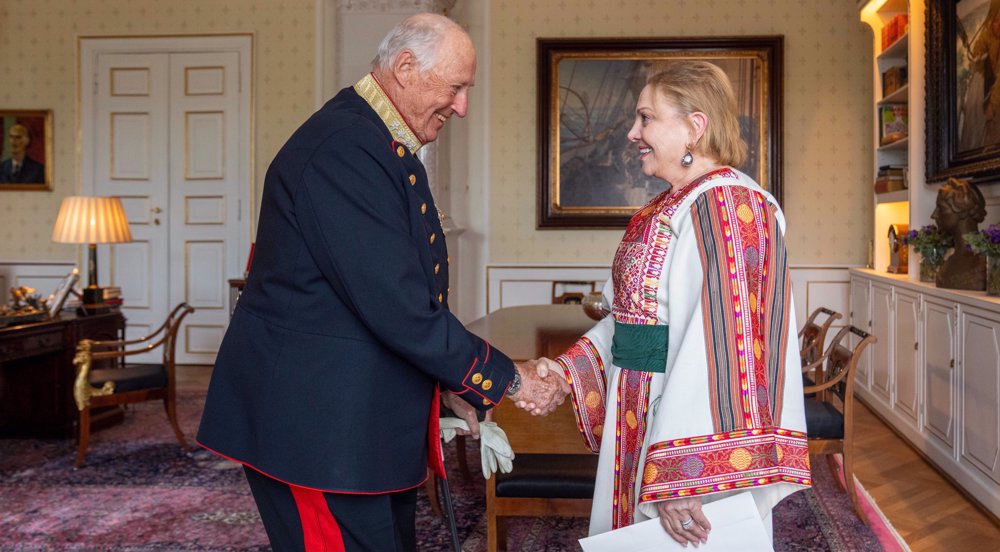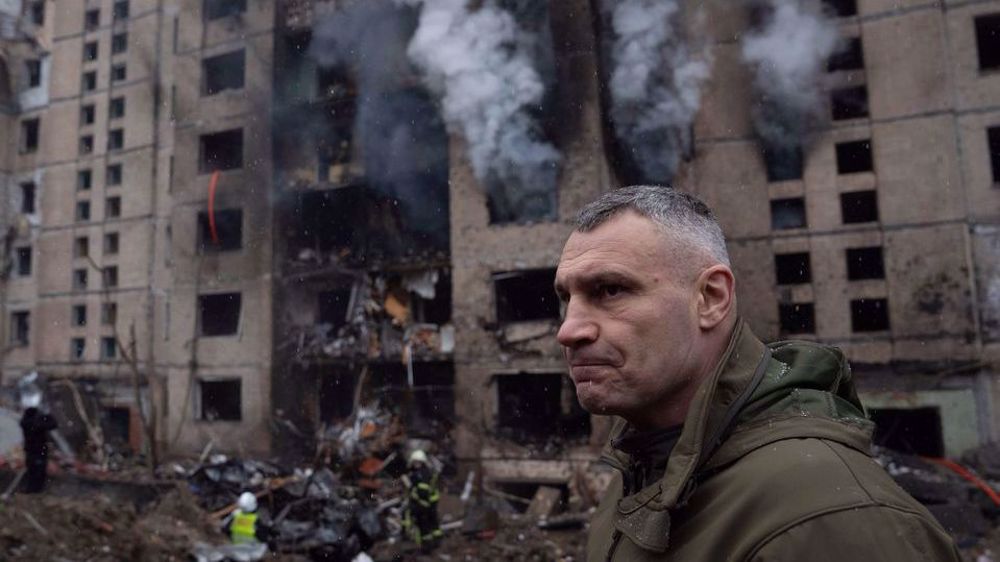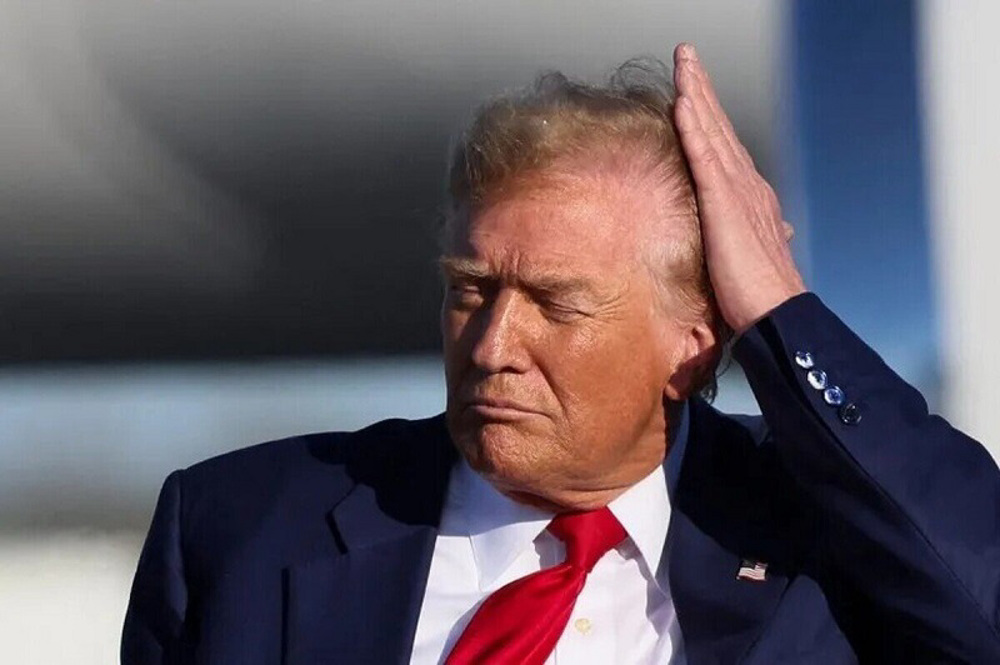Russia, Germany concerned over truce violations in Ukraine
Russia and Germany have voiced concern about a recent escalation of violence in eastern Ukraine, as top diplomats from the two countries renew calls for an end to the violations of a truce agreement in the area.
In a Friday phone conversation, Russian Foreign Minister Sergei Lavrov and his German counterpart Frank-Walter Steinmeier reaffirmed the need for the full implementation of the Minsk II agreement, a truce deal that was reached in the Belarusian capital in February but has effectively failed to end the hostilities in Ukraine’s east.
“Both sides expressed serious concern over the continuing violations of the ceasefire by the opposing sides, which leads to new casualties, including among the civilian population,” read a statement by the Russian Foreign Ministry.
The development comes one day after the Organization for Security and Cooperation in Europe (OSCE) reported a sharp increase in the cases of truce violations in eastern Ukraine. The OSCE said more violence from the warring sides has resulted in the injuries and deaths of civilians and combatants, while houses and other infrastructure are being destroyed in the conflict zone.
During his Friday phone call with Steinmeier, Lavrov regretted what he called the “unconstructive approach” of the Ukrainian government toward the implementation of the measures stipulated in the Minsk II agreement.
The two sides also called for the demilitarization of Shirokino, a flashpoint village in Ukraine’s Donetsk region, while urging the two parties to the conflict in Ukraine to immediately withdraw their heavy weaponry from the frontline in the area.

More than 6,500 people have been killed in the armed conflict between Ukrainian government troops and pro-Russia forces in east Ukraine since April 2014, when the conflict erupted. The crisis began after a series of political developments in the capital, Kiev, which saw President Viktor Yanukovych ousted from power in February 2014.
A referendum was held in Crimea in March 2014, in which people voted to separate from Ukraine and join Russia.
Kiev claims Moscow backs the pro-Russians eastern Ukraine, while Russia rejects the allegations.

Norway establishes diplomatic ties with State of Palestine amid Israel's Gaza genocide

Ukraine may have to 'give up land' to Russia to secure peace: Kiev mayor

Trump Ukraine mediation muddle
Iran backs sovereign, stable Syria free of terrorism, UN envoy says
Iran-US talks: Trump, sanctions and the mirage of a durable nuclear deal
VIDEO | Gaza’s looming famine
US universities defy Trump deportations of foreign students
WFP: Food stocks depleted in Gaza due to all-out Israeli blockade
Yemenis hold nationwide rallies to condemn US aggression, support Palestine
VIDEO | Press TV's news headlines
VIDEO | Gaza’s top surgeon killed under torture in Israeli jails







 This makes it easy to access the Press TV website
This makes it easy to access the Press TV website